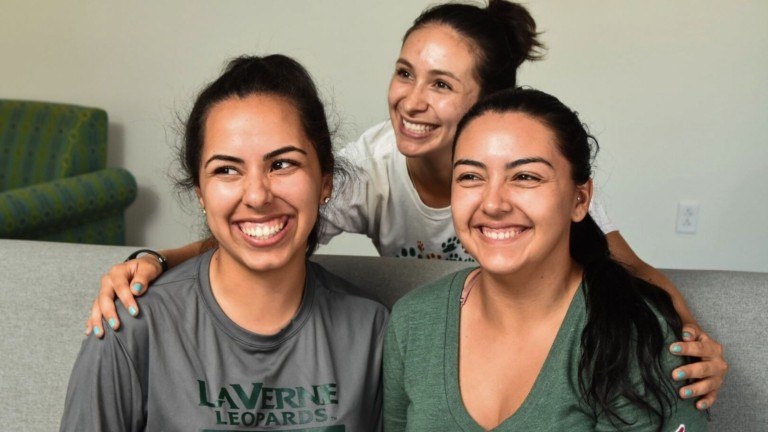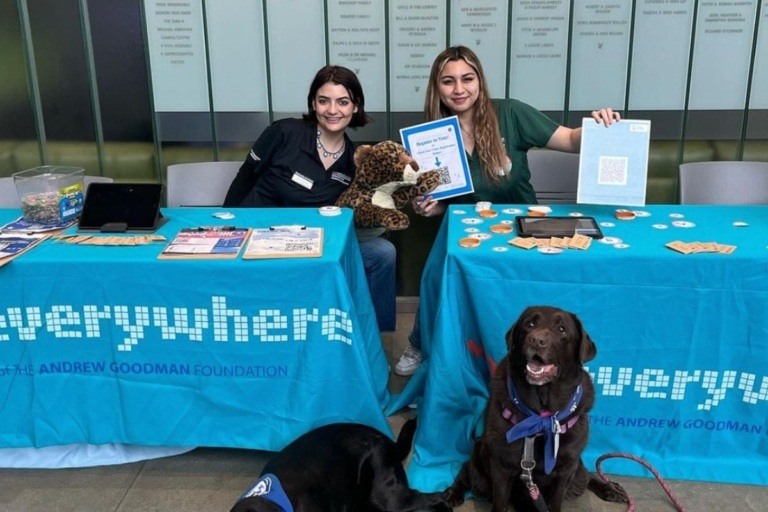Professor Michael O’Connor Discusses California’s “Yes Means Yes” Law on National Radio Programs
When Governor Jerry Brown signed California Senate Bill 967 – the “Affirmative Consent” bill – into law on September 28, it ignited what became a national dialogue on sexual intimacy involving college students.
In what is being referred to as the “Yes Means Yes” law, Visiting Professor of Law Michael O’Connor has been added to the nationwide conversation, providing his legal expertise during a pair of popular programs airing on National Public Radio (NPR).
The law, which calls for individuals to provide “an affirmative, conscious and voluntary agreement to engage in sexual activity,” applies to all California schools receiving state funds and requires them to adopt policies conforming to it.
On September 29, O’Connor was interviewed by Adolfo Guzman-Lopez, education reporter for KPCC in Pasadena. That interview was used in a story that aired on NPR’s afternoon news program “All Things Considered.”
“This is almost like the wish list of a parent who is worried and sending their daughter, quite frankly, off to college,” said O’Connor.
Click here for a link to an audio file of the interview.
O’Connor was invited to be on the October 1 edition of “Forum,” a live news interview program on San Francisco NPR station KQED that also aired on SiriusXM Satellite Radio’s NPR channel. The hour-long discussion involved guests from across the country discussing the attempt to legally define consensual sex, the law’s objective to improve how colleges investigate and prevent sexual assaults, and the burden of proof it places on those accused of sexual assault.
“This law really is not about consent,” said O’Connor. “This is about how we communicate in our most intimate and passionate moments. We are going to define how consent is expressed.”
“This is just not how people engage with their most intimate partners. If we are honest with ourselves, despite the very good purposes behind this bill, we are trying to regulate the manner in which people communicate consent in intimate relationships, and that necessarily broaches the most private of interpersonal relationships. And regardless of the best intentions behind the bill, requiring this explicit, non-silent affirmation before sexual activity – and ongoing throughout the sexual activity – would label the overwhelming number of sexual activity as assaultive. This is just not how people normally behave with their most intimate partners,” said O’Connor.
Click here for a link to the complete audio file of the program.
In his second year at La Verne Law, O’Connor has fifteen years teaching experience at various schools in the U.S. and abroad. He has taught a wide range of doctrinal and skills courses, among them Criminal Law, Criminal Procedure, Constitutional Law, Terrorism Law, Humanitarian Law, Civil Rights Litigation and Legal Writing. Although his scholarship ranges across disciplines, the focus is on the intersection of human rights, civil liberties and efforts to combat terrorism. His comparative scholarship (with co-author and wife, Celia Rumann) on efforts to combat terrorism has been cited in official U.S. and British government documents, in white papers produced by Harvard, Yale and Columbia Universities, and in pleadings filed before the U.S. Supreme Court.


